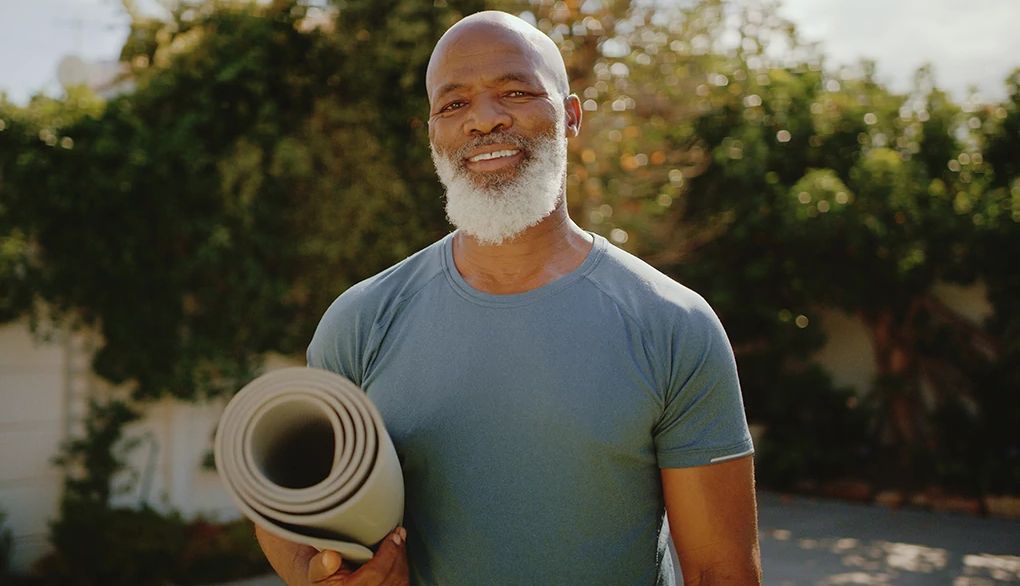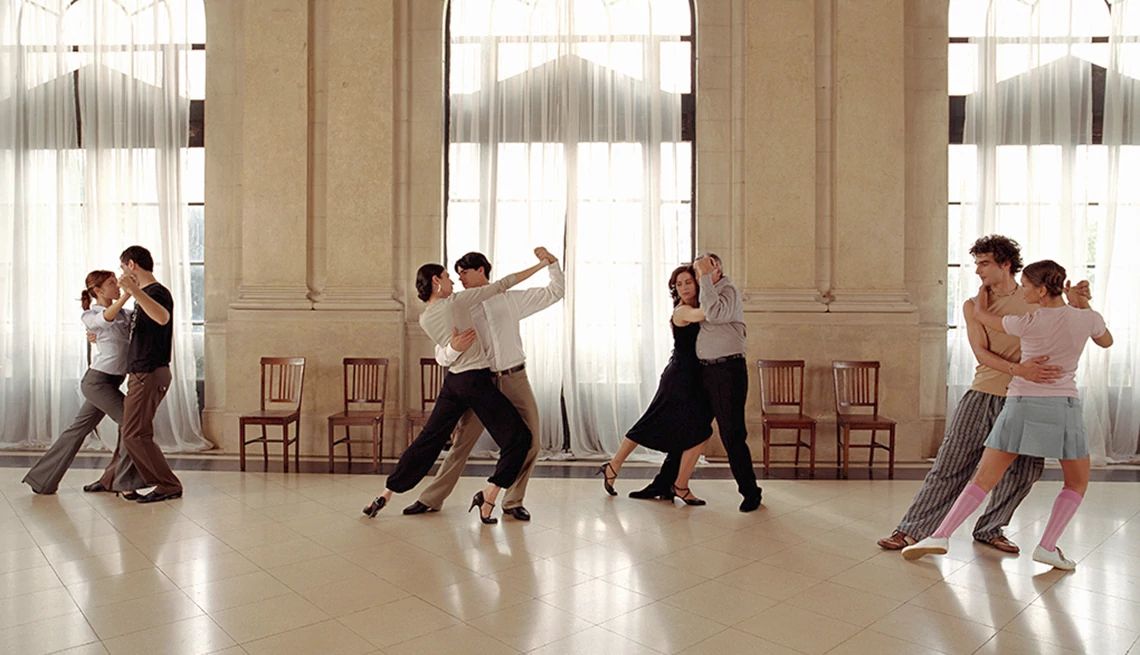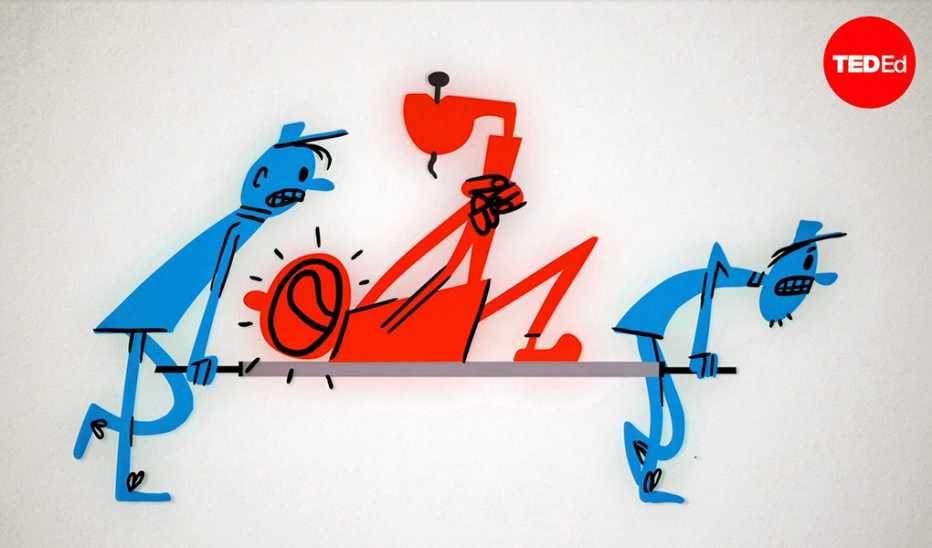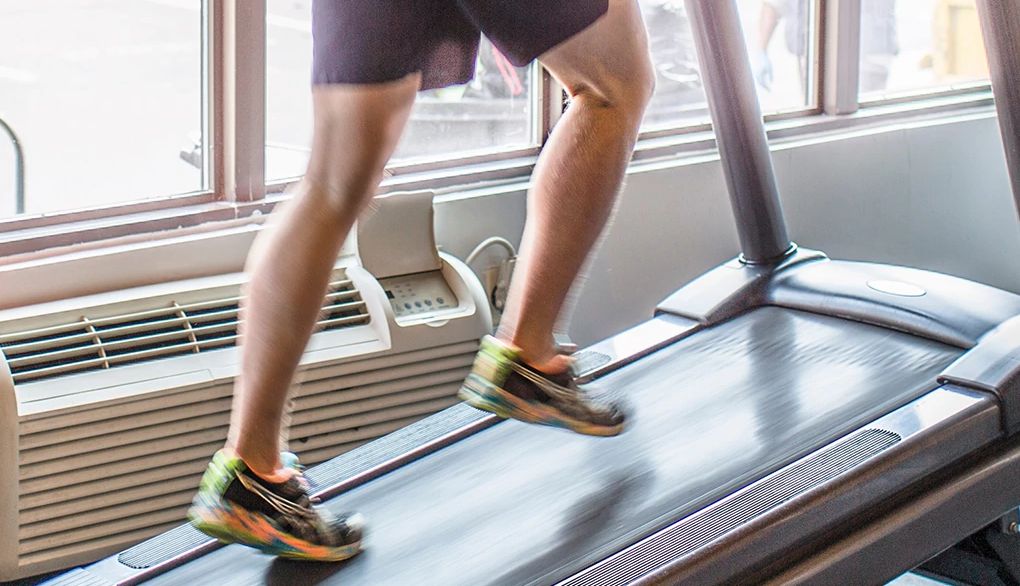Challenges
CLOSE ×
Search
Ongoing Exercise – a pillar of brain health
Exercise is one of the best things you can do for your brain. It improves thinking, memory and learning. Let’s get moving!

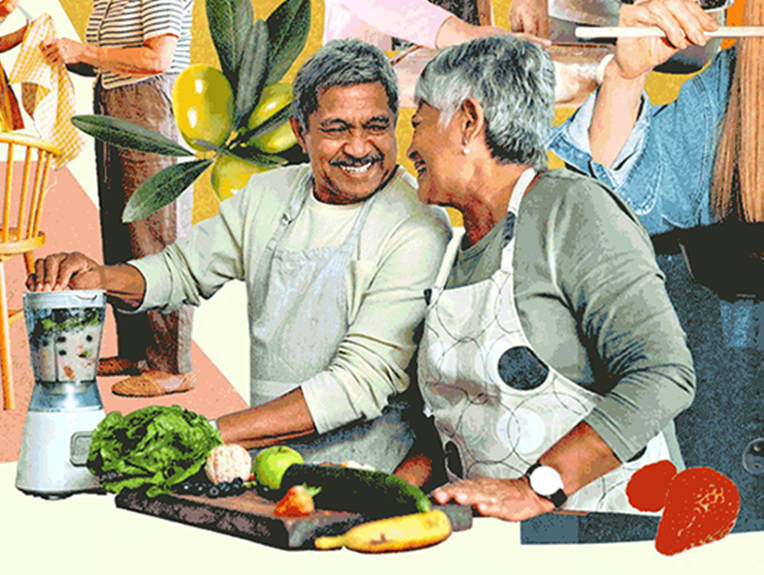
Building Brain-Healthy Eating Habits
Learn how the food you eat affects your brain. We make it easy for you to prep delicious, good-for-you meals that support your well-being.






